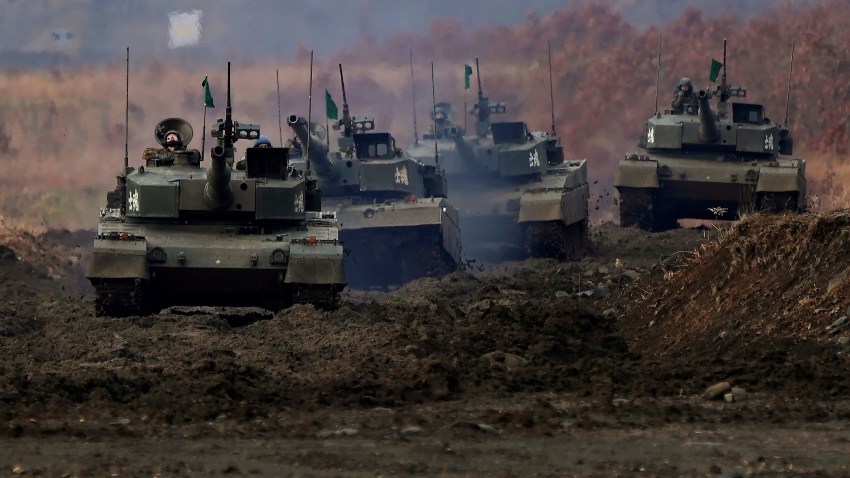
Japan Is Quietly Becoming a Regional Security Power
Combined with recently released major security policy documents, including the National Defense Strategy, the Defense Buildup Plan and the National Security Strategy, the moves collectively signal Tokyo’s commitment to becoming a stabilizing force in its region and playing a more proactive role as a global power in the 21st century.
During Kishida’s visit to key G-7 countries, he signed a Reciprocal Access Agreement in London between Japan and the United Kingdom that would enhance military interoperability. During a stop in Rome, he launched the Global Combat Air Program, a joint program between Italy, Japan and the U.K. to develop an advanced, next-generation fighter aircraft. A joint statement released after a “2+2” meeting in Washington between Japanese Foreign Minister Yoshimasa Hayashi and Defense Minister Yasukazu Hamada and their U.S. counterparts, Antony Blinken and Lloyd Austin, warned of a “severely contested environment” and underscored the need for the U.S., Europe and Japan to “work together as one” to counter China’s rise.







No comments:
Post a Comment
Note: Only a member of this blog may post a comment.